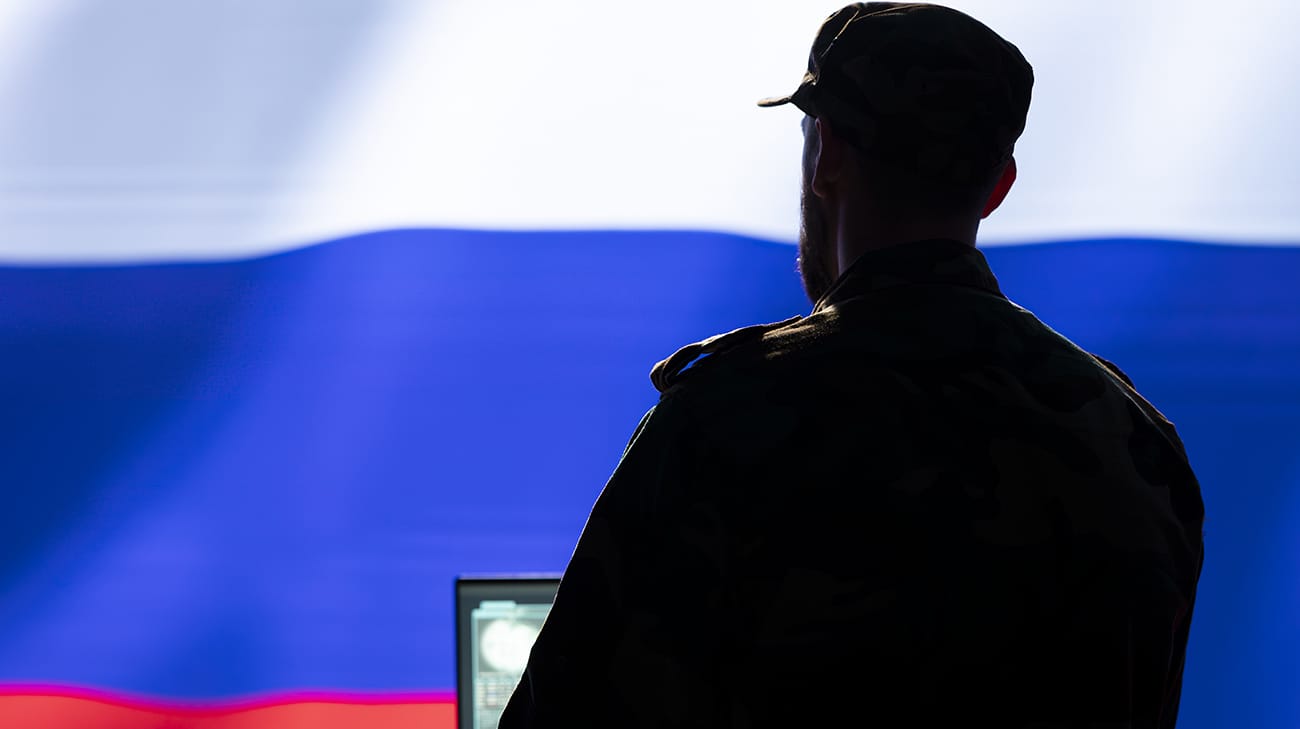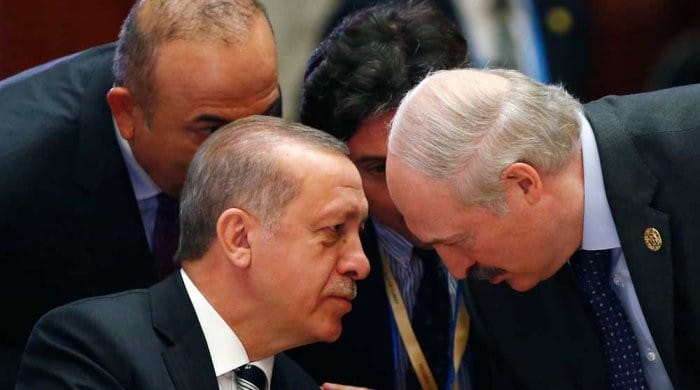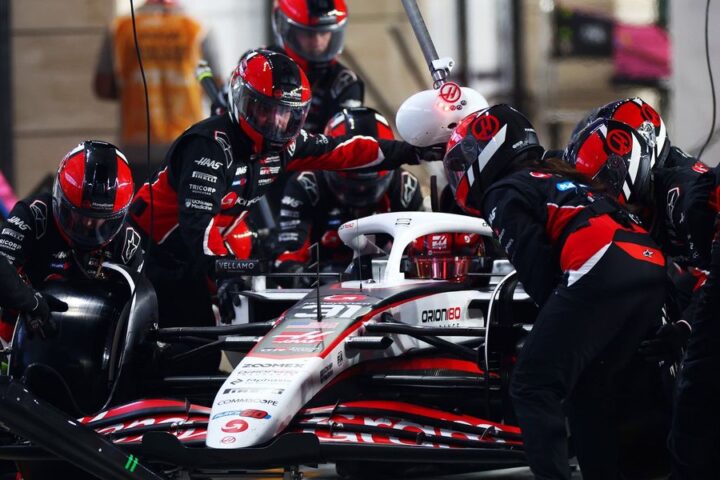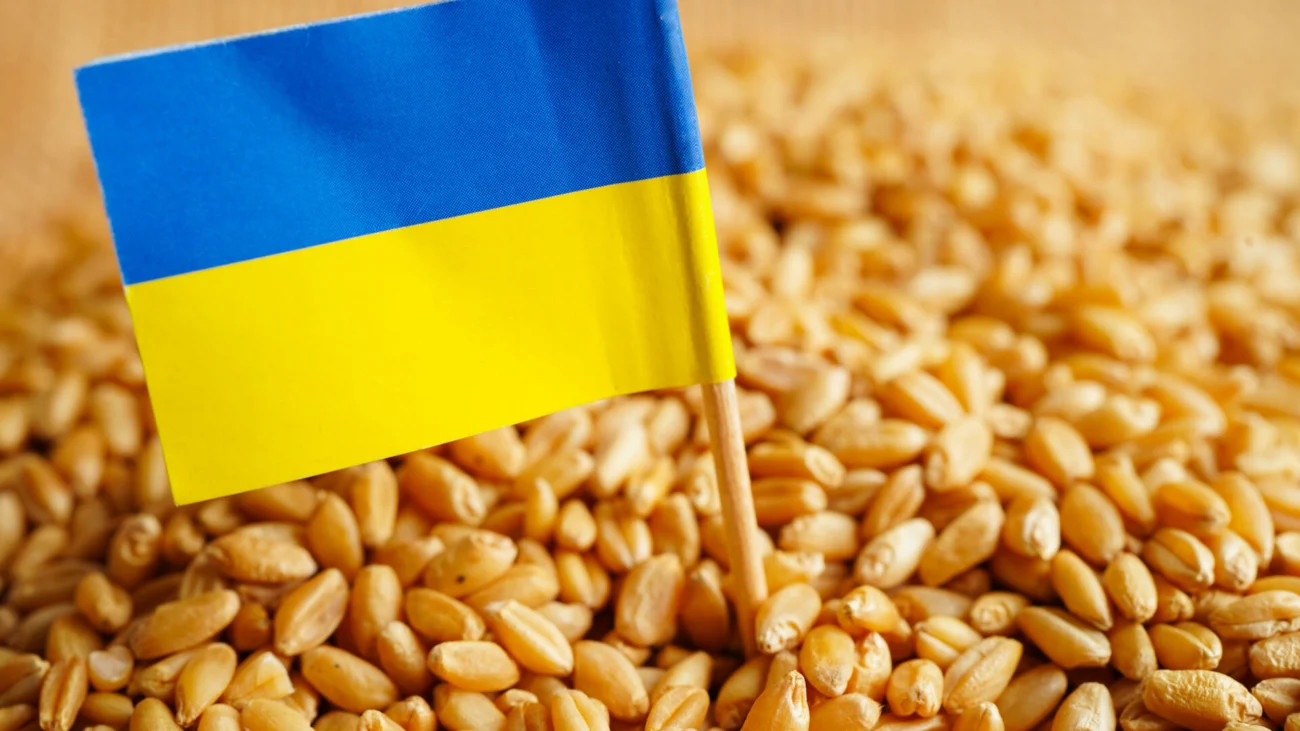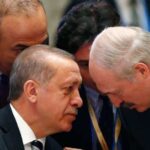Russia is increasingly shifting the focus of its hybrid war from Ukraine to Europe, using sabotage, arson, and psychological operations to destabilise Western societies and undermine support for Kyiv, according to the latest annual report by the Czech Security Information Service (BIS).
Published on 10 July, the BIS report for 2024 outlines a deliberate Kremlin strategy to “sow chaos” across Europe, erode public confidence in national security systems, and pressure governments to reduce aid to Ukraine.
Telegram recruitment and covert sabotage
The report highlights the growing role of the messaging platform Telegram in Russia’s clandestine operations. Russian intelligence services are reportedly using it to recruit individuals — often unwittingly — for activities such as filming military bases or sabotage operations against logistical hubs used to transport military aid to Ukraine.
Some agents have allegedly been enlisted through intermediaries, including priests affiliated with the Russian Orthodox Church’s Moscow Patriarchate, which BIS identifies as a key channel for Kremlin influence in the Czech Republic.
In many cases, these sabotage acts are not only intended to damage infrastructure or gather intelligence, but also to inflict psychological trauma. Since 2022, a wave of suspicious arson attacks has targeted vehicles, housing, commercial centres, warehouses and waste sites across Europe. The BIS also reports physical attacks on public figures and deliberate desecration of monuments.
Testing Europe’s resilience
According to BIS, Moscow is intent on further testing the resilience of EU and NATO systems through hybrid aggression, carefully avoiding direct confrontation while fuelling fear, disinformation, and division within European societies.
The Czech intelligence community warns that Russia aims to stoke fears of war, reduce trust in democratic institutions, and empower far-right and Eurosceptic movements. This is part of a broader strategy to manipulate public opinion in favour of disengaging from Ukraine.
Western experts have voiced similar concerns. Intelligence officials and security analysts across the continent increasingly fear that Russia may escalate to direct acts of terrorism, including potential attacks on underwater infrastructure, water supplies, and the energy sector. NATO Secretary-General Mark Rutte has called on European citizens to “adopt a wartime mindset“, reflecting the seriousness of the threat.
Prague targets Kremlin-linked individuals
In response to these threats, the Czech government has taken a proactive stance. Since 2022, it has maintained its own national sanctions list, targeting figures who support the Putin regime. Among those named are Patriarch Kirill, oligarch Vladimir Yevtushenkov, missile industry chief Boris Obnosov, and pro-Kremlin politician Viktor Medvedchuk.
Also sanctioned is Andrey Averyanov, a senior Russian military intelligence officer tied to the 2014 Vrbětice ammunition depot explosions, an incident that marked one of the first major acts of Russian sabotage on European soil.
In 2024, Czech counterintelligence successfully dismantled a Russian spy network operating domestically, underlining the persistent nature of the threat and the importance of sustained vigilance.
Migrants and the challenge of infiltration
The BIS report recommends that European law enforcement agencies increase filtering and monitoring efforts within migrant communities, which are being exploited by Russian operatives to conduct covert actions. While emphasising that migrants are not inherently a threat, the report warns that infiltration tactics via digital platforms pose a serious risk to public safety and national security.
As Russia expands its hybrid toolkit, European democracies face a growing imperative to protect their internal cohesion, infrastructure and civil societies from Kremlin-backed destabilisation efforts.
